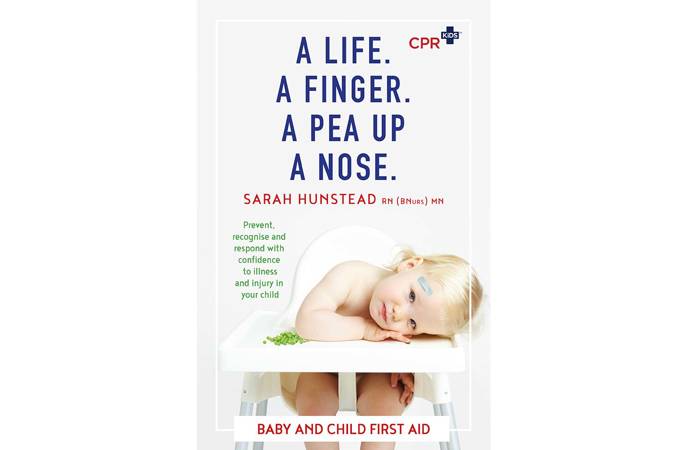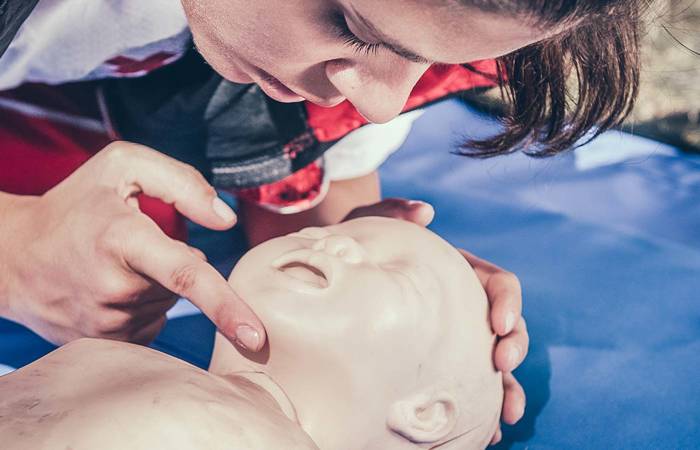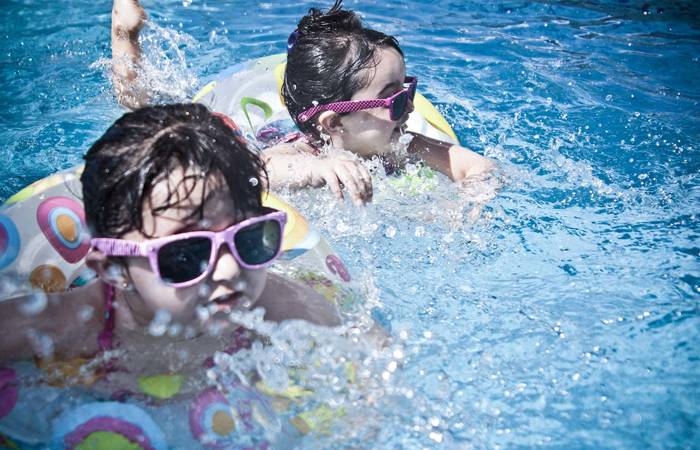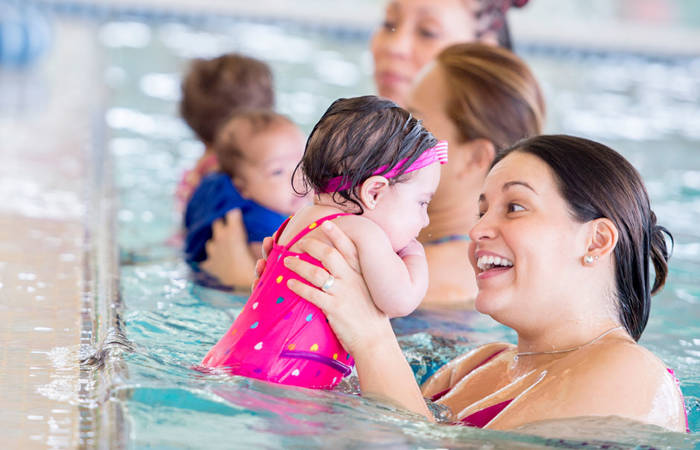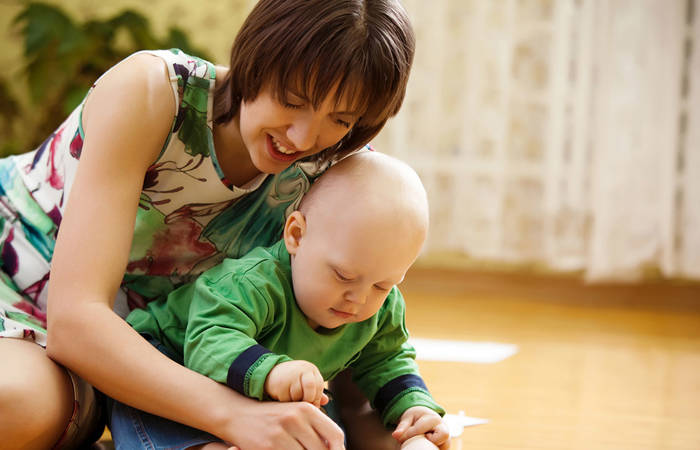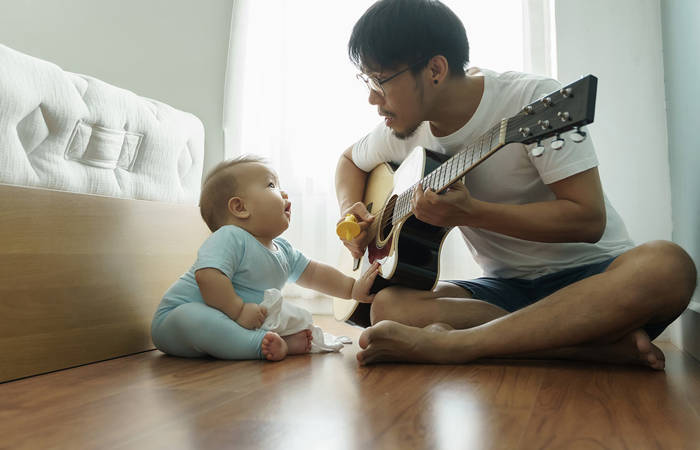Like what you see?
Sign up to receive more free parenting advice.
Thank you for subscribing to our newsletter!
Lifestyle

Credit: iStock.com/aydinmutlu
Australian parents hold a number of misconceptions about organ donation according to a new survey from The Royal Children’s Hospital in Melbourne.
The survey polled 1886 parents and carers across Australia about their beliefs, attitudes and understanding of organ donation, discovering some interesting insights in the process.
In Australia, there are on average about 30 children under the age of 18 on the national transplant waiting list. Sadly, not all will receive one, a fact that 31% of surveyed parents didn’t realise.
It’s just one of the areas of confusion surrounding organ donation that Dr Anthea Rhodes, a paediatrician at The Royal Children’s Hospital was keen to dispel through the recent poll.
“We found there were also misunderstandings about the process itself,” Dr Rhodes says.
One myth 36% of parents still believed was about the level of care their child may receive if they’ve registered to be an organ donor and are in critical condition. They worried that the preference to donate may change the type of care the child receives in hospital.
“Of course that’s not true, whether for adults or children,” confirms Dr Rhodes.
The poll also showed that some parents worried that a child who is an organ donor may experience additional pain. This isn’t correct. The process of organ donation is only undertaken after a child has died so there is no potential for the child to experience any pain and no limit to the amount of time a parent can spend with their child if they are donating organs.
At any age it’s very rare that Australians are able to donate their organs due to the nature or location of their death.
“Fewer than two per cent of Australian adults will be able to donate, and it’s even rarer for children,” Dr Rhodes says. In 2018 there were 554 organ donors in Australian and just 29 of these were children aged less than 18 years.
While 42 percent of parents surveyed weren’t even aware that young children could be organ donors, almost half (47%) were not aware that some children can receive organs from an adult donor.
How to register to donate
Even the act of registering your preference to donate organs (or not to) is subject to misunderstandings. In the past, noting your preference on your driver’s licence was enough.
“That’s no longer the case,” says Dr Rhodes.
Today, except in South Australia, the Australian Organ Donor Register is Australia’s only national register that enables people to record their decision about becoming an organ donor after their death. (In South Australia this request goes straight onto the register.) The change from the old licence system may be why only one in four (26%) parents have registered their decision about whether or not to they wish to be an organ donor on the Australian Organ Donor Register.
“The best way is to log onto donatelife.gov.au and see if your preference is recorded,” Dr Rhodes encourages.
Fewer than two per cent of Australian adults will be able to donate, and it’s even rarer for children.Dr Anthea Rhodes
Stay up to date with the latest news and articles from First Five Years
Thank you for subscribing to our newsletter!
Discussing organ donation with your children
While discussions with very young children about organ donation usually only occur through a personal connection, perhaps when a friend or relative has received a donation, Dr Rhodes says having the conversation with teenagers is always a good idea.
Yet only 25% of parents surveyed had discussed organ donation with their teen, and the main reason given by those who hadn’t was because they “hadn’t really thought about organ donation”.
Thirteen or fourteen appears the typical age most parents think is appropriate for the conversation.
“That’s consistent with research from overseas,” says Dr Rhodes. She says while every child is different, most children of this age have the capacity to understand the topic, and points out that in some Australian states it’s actually part of the school curriculum in year 8 or 9.
“We actually found that for one in five of the families who chatted about this with their teen, it was their teen who brought the subject up,” says Dr Rhodes.
How to have a conversation around organ donation
Donation Nursing Specialist Coordinator from DonateLife Victoria, Trechelle Herington, is expert in having conversations with families about organ donation.
Her role begins after intensive care doctors speak to families, explaining that everything has been done for their loved one and that end of life preparations are to begin.
“We are meeting people at possibly the worst few days of their lives. It’s a very privileged position to be able to sit with people then, we talk a lot about what their loved one was like in life, as well as give them all the information they need to make an informed decision about whether organ donation is something they would like to consider for their loved one,” she says.
She says the conversation can be surprisingly uplifting.
“For a lot of families, this conversation about organ donation gives them a little sliver of hope and some choice about something when in a lot of the cases all other choice has been taken out of their hands,” she says.
Statistics show that in the adult population, consent rates are higher if a person’s next of kin knows what their loved ones wishes were.
“That’s why it’s so important to register your wishes, and to make your wishes known to your family and friends – in the end it’s really the next of kin who makes the final decision,” Trechelle says.
Answering young children’s questions about organ donation
While most families will talk about organ donation with their children when they are teens, those in a situation where a family member is part of the process may find themselves needing to discuss the topic with a child as young as five.
Trechelle says keeping things simple and specific will help. She suggests an explanation like:
“Our bodies need particular parts to work, like our lungs for breathing and our hearts for pumping blood, and sometimes these parts fail. Although medicine, and doctors and nurses can try to make people better and fix these parts, sometimes people still get very ill and need other parts to help them get better,” she says, noting that parents know their children best, and will have a good understanding of what they may be able to comprehend.
Visit donatelife.gov.au to check if you are on the organ donor register. State-based DonateLife organisations also list useful resources and books on the topic, and are always available to discuss the subject with callers.

